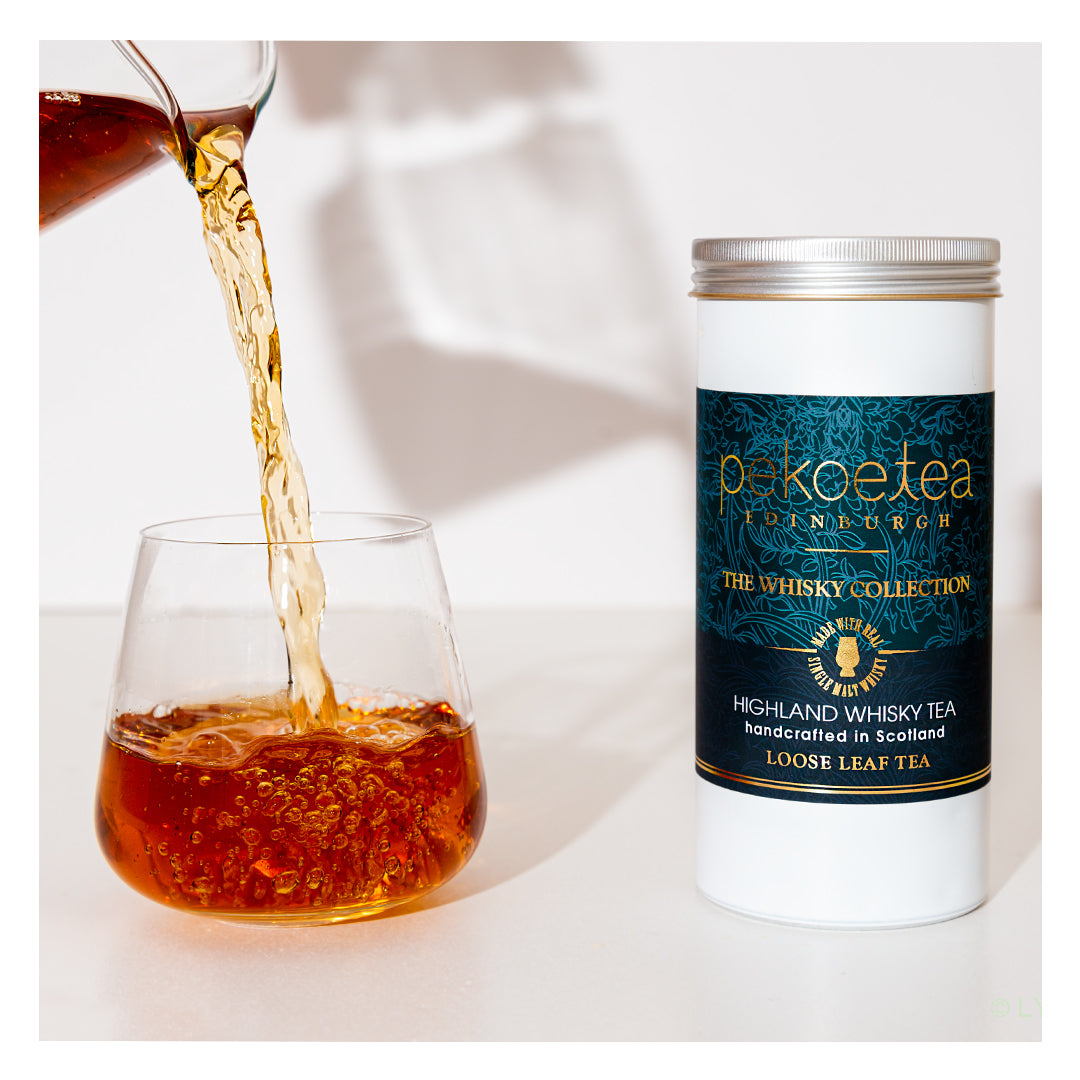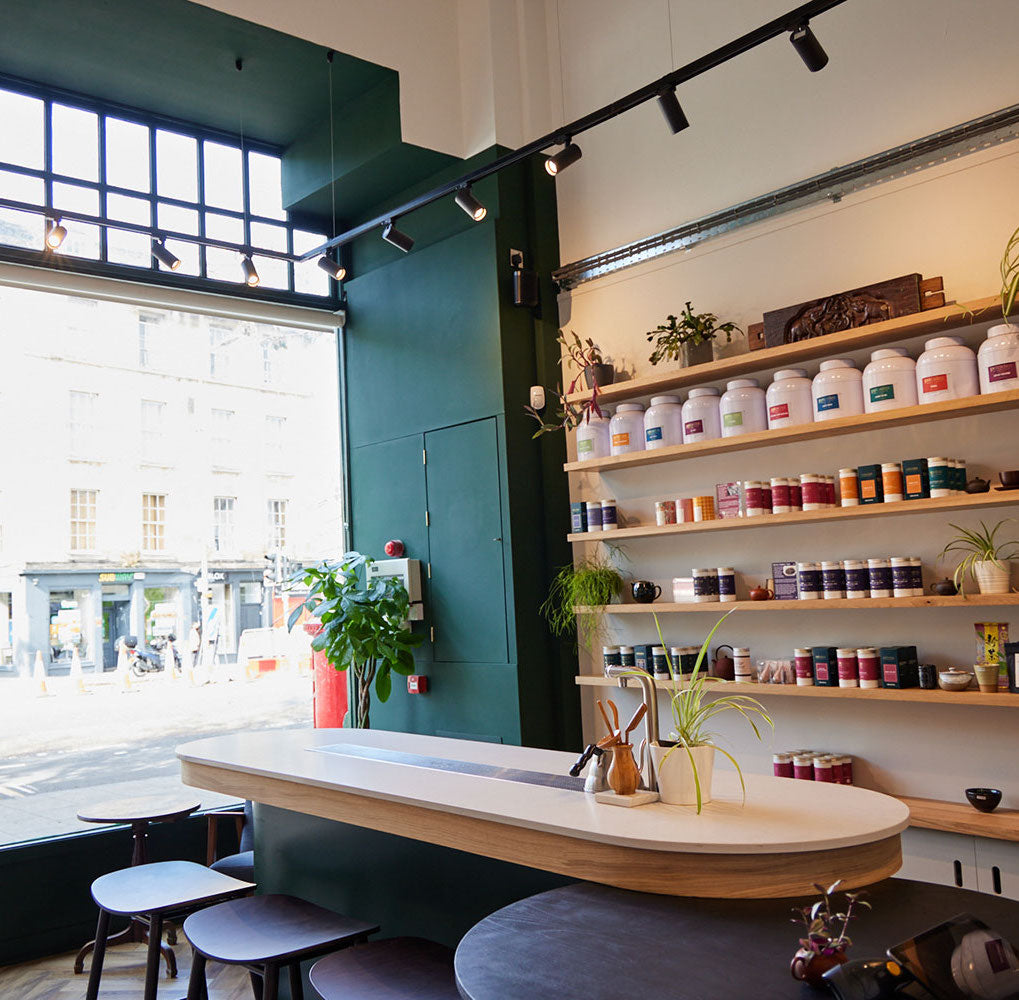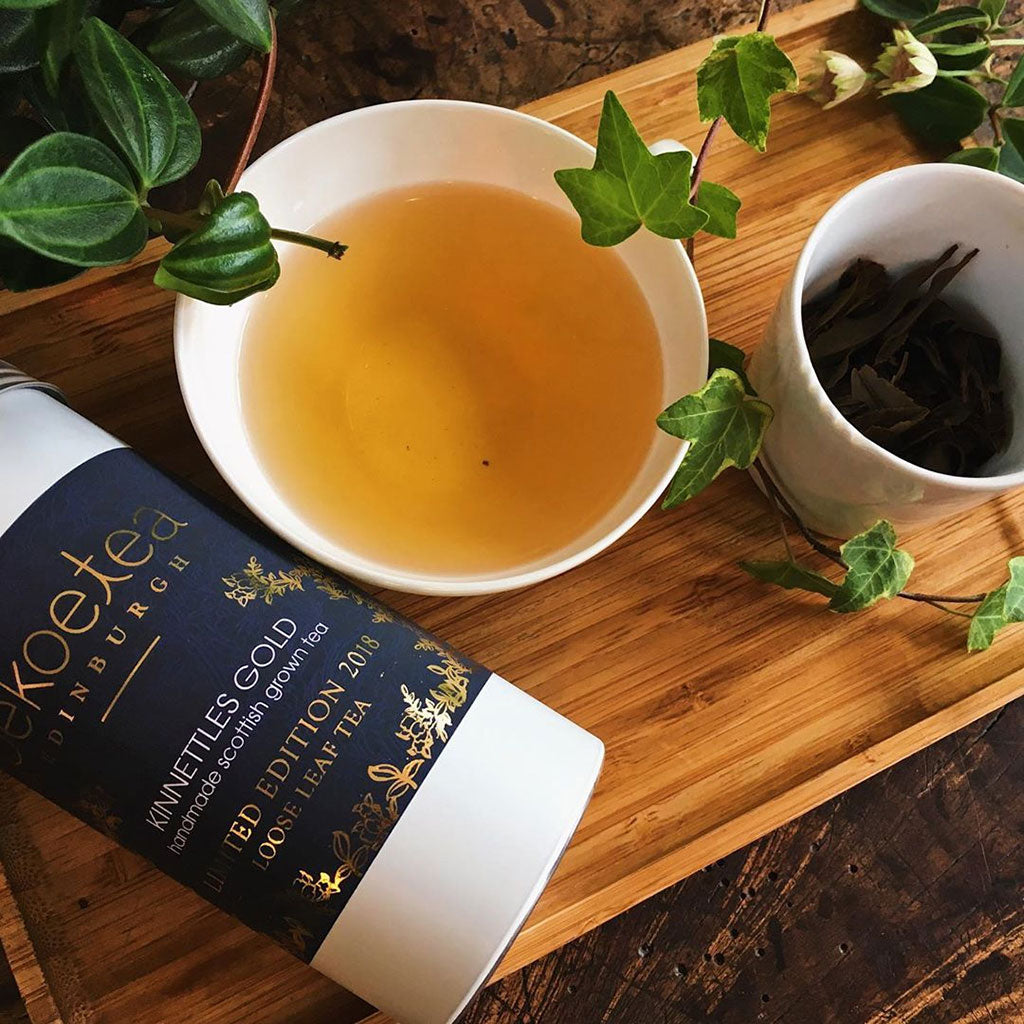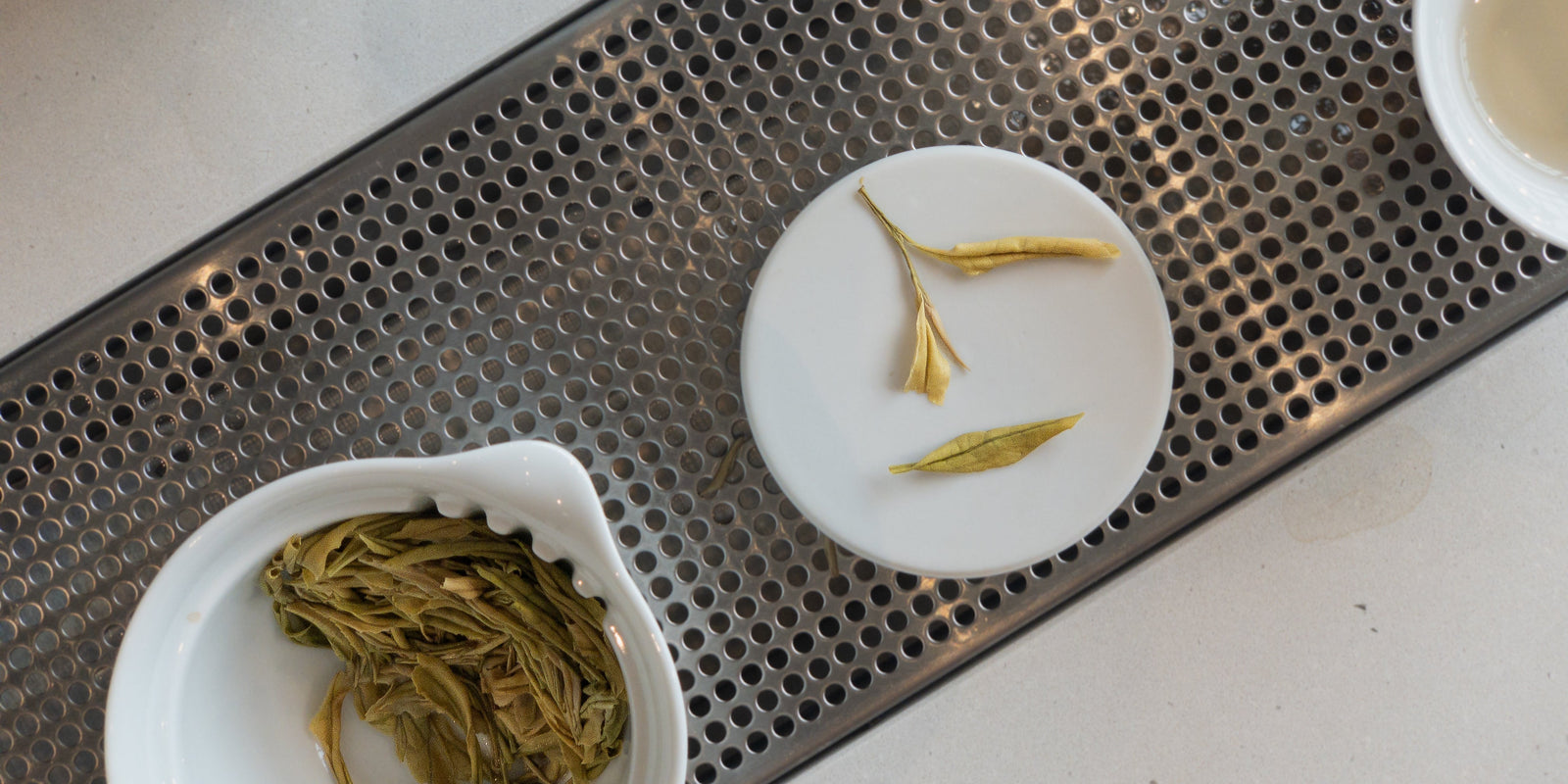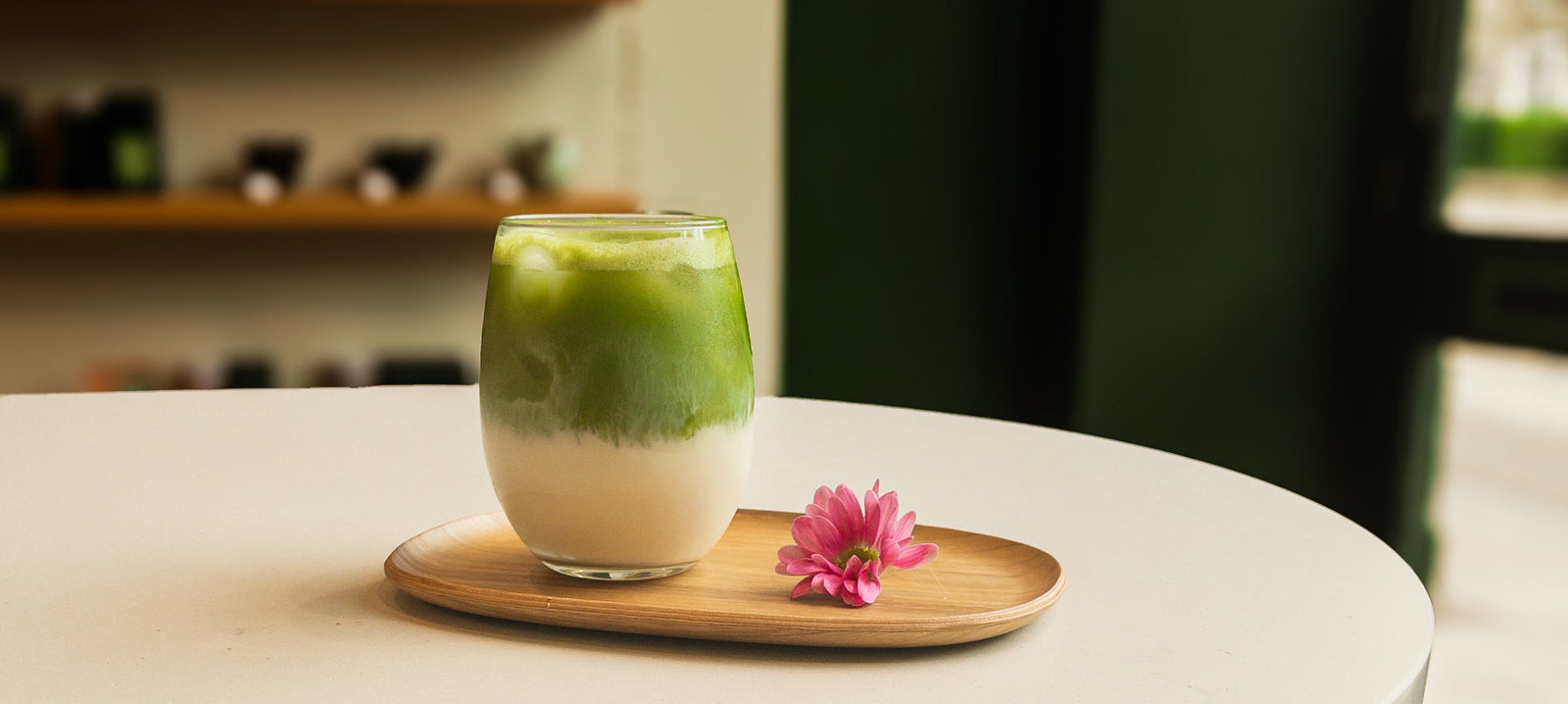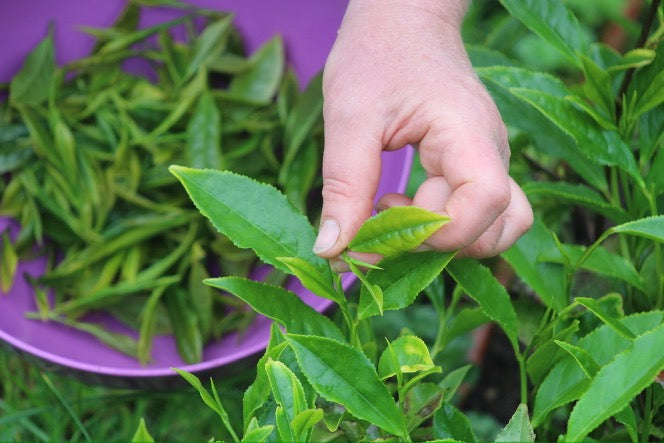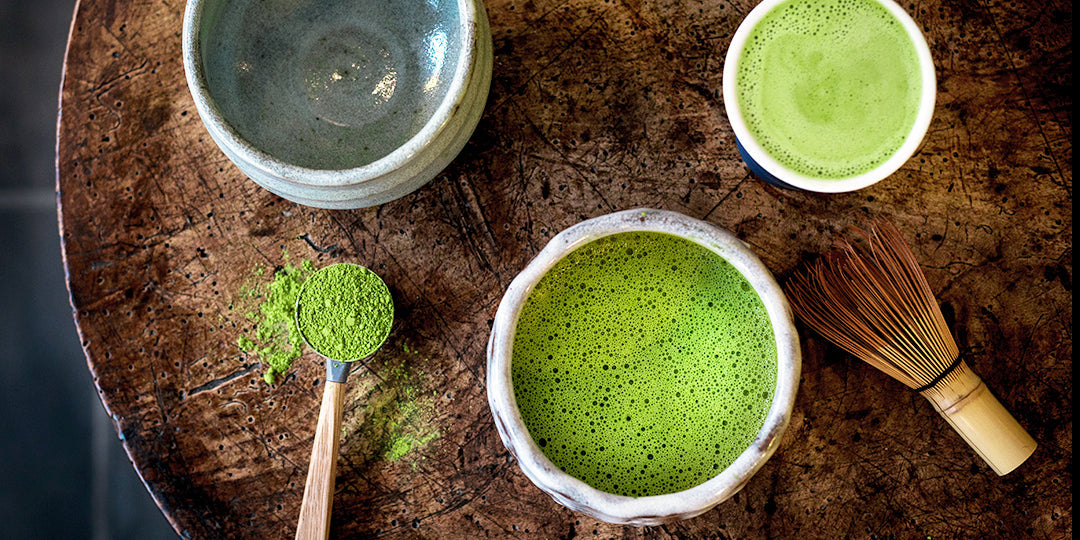Caffeine in Tea
 Some of the most common questions asked by our customers are about caffeine levels in tea. These questions are difficult to answer, and there is a tonne of incorrect information regarding the differing amounts of caffeine found in various types of tea and purported calculations of how much caffeine is in a cup. The number of variables makes it impossible to determine with certainty how much caffeine is in a cup of tea or which teas have more caffeine than others without access to a laboratory. There are, however, some general, fascinating facts about tea and caffeine worth going over.
Some of the most common questions asked by our customers are about caffeine levels in tea. These questions are difficult to answer, and there is a tonne of incorrect information regarding the differing amounts of caffeine found in various types of tea and purported calculations of how much caffeine is in a cup. The number of variables makes it impossible to determine with certainty how much caffeine is in a cup of tea or which teas have more caffeine than others without access to a laboratory. There are, however, some general, fascinating facts about tea and caffeine worth going over.
Tea vs. Coffee
Although it is true that dry tea has more caffeine than dry coffee, when they are brewed, the opposite is true. Coffee has significantly higher caffeine levels than tea when prepared. The reason is that a cup of coffee requires much more dried coffee coffee than the amount of dry tea needed for a cuppa.
Tea includes L-theanine, an amino acid that works alongside caffeine and is thought to provide a soothing effect without diminishing caffeine alertness. This may be the reason why tea does not cause a "crash" after drinking it.
Factors Affecting Caffeine Levels in Tea
The amount of caffeine in any tea is influenced by a variety of factors, including the brewing or steeping time and method. Studies also suggest that a wide rage of factors including the location of the leaf on the tea plant and the growing conditions can have an impact on the amount of caffeine present.
You may have read or heard that the amount of oxidation increases the quantity of caffeine in tea, but this is a misleading claim without any supporting evidence.
Temperature and Infusion Time
The temperature of the water and the length of the infusion will most likely have the biggest impact on the caffeine content. Black, Oolong, Green, and White tea leaves all have roughly the same amount of caffeine, however a tea steeped in boiling water for five minutes will release more caffeine into the drink than a tea steeped for less time in water that is not as hot.
Decaf Tea + Caffeine-free Infusions
Decaffeinated tea is not completely caffeine free as the process used to 'wash' the caffeine off is not 100% effective.
If you are looking to eliminate caffeine completely, you need to make the switch to herbal infusions and tisanes. All real tea comes from the same plant, Camellia Sinensis, which always contains caffeine. Infusions like Chamomile, Rooibos and Peppermint, are made from botanicals that are naturally caffeine free.

